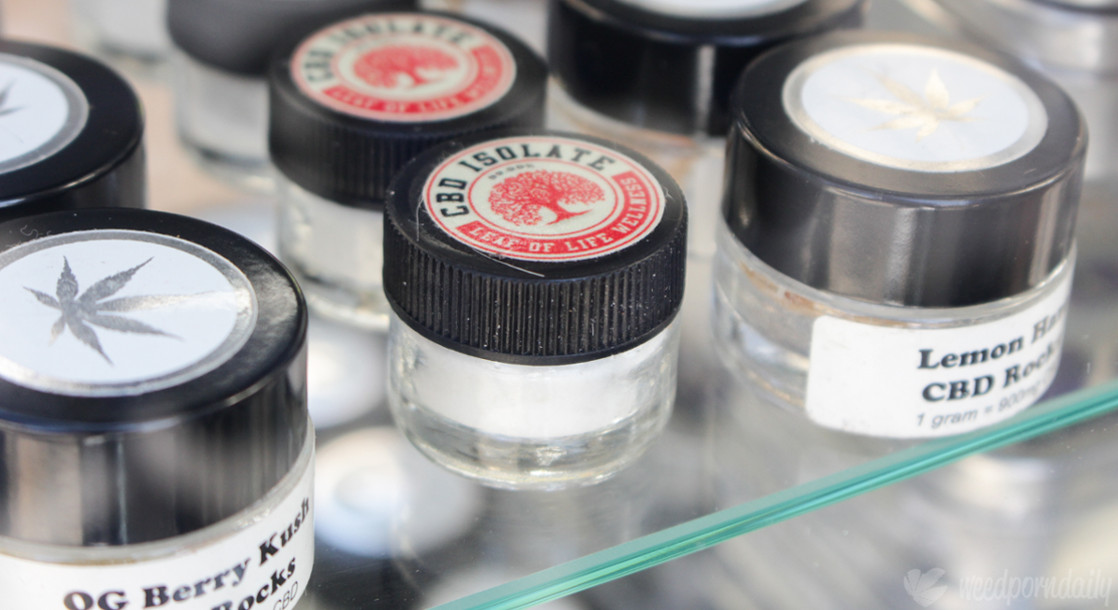Photo via Flickr user WeedPornDaily
The prospects for legal weed in New Jersey are looking better than ever after voters elected Phil Murphy to the governor’s office this month. But while the Garden State is eagerly anticipating the great financial opportunities that legal cannabis will bring, some members of Pennsylvania’s medical marijuana industry are worried that easy access to recreational weed across the state line may steal their thunder, reports the Philadephia Inquirer.
If New Jersey does legalize, analysts expect that the state’s cannabis market could grow to $1 billion a year, allowing the state to collect $300 million in annual tax revenue, according to the Inquirer. Meanwhile, Pennsylvania is just getting around to rolling out its medical cannabis program, which is expected to be fully online in the first quarter of next year. However their program only allows oil-based products, and industry experts are concerned that residents will take their money across the border to New Jersey, where buds, edibles, shatter, and likely every other conceivable cannabis product will be ripe for the taking.
Philadelphia-based attorney Seth A. Goldberg, who represents cannabis clients in Pennsylvania and New Jersey, told the Philadelphia Inquirer that “it’s not unreasonable to imagine people going to New Jersey to buy cannabis, and, as a result, the Pennsylvania program would not be as profitable as originally anticipated.” New Jersey-based attorney Paul Josephson, who served as legal counsel to Phil Murphy’s gubernatorial campaign, added that “to the extent New Jersey is projecting that 10 percent of marijuana revenues might come from Pennsylvanians, I think it’s obvious the N.J. program could have a negative impact on Pennsylvania revenues.” Goldberg also noted that Delaware is considering recreational legalization as well, which would put another competitor in place for Pennsylvanians’ cannabis dollars.
Clinical research may be turn out to be a major revenue stream for Pennsylvania’s medical cannabis industry, regardless of whether the state’s MMJ patients choose to buy cannabis in other states. “The most revenue is in recreational use, but the untapped revenue is in clinical research,” said Josephson. “If we get to the point where the federal government relaxes its position, Pharma is going to be really interested in this space.” Goldberg added that there could also be cross-pollination between these states’ pot markets: “People in Pennsylvania are also considering setting up in New Jersey, though it’s unlikely they will stop pursuing their operations in Pennsylvania until more is known about the program in New Jersey.” Regardless, it appears that 2018 will be an exciting year for legal weed in the Mid-Atlantic.











